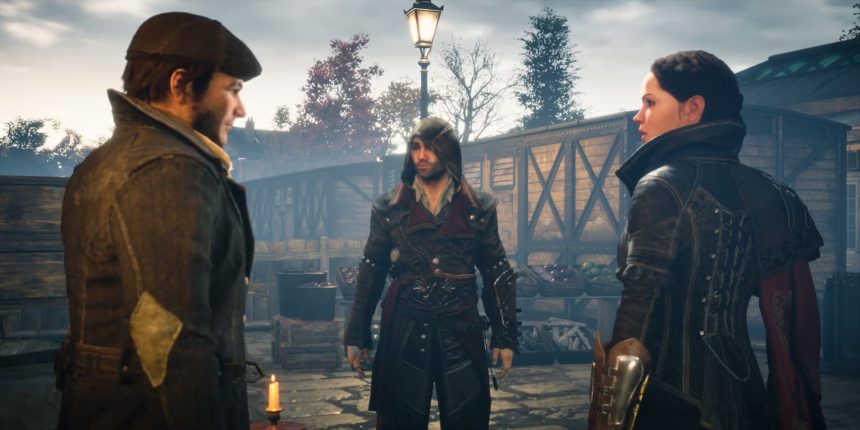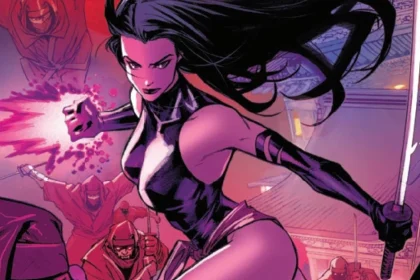Assassin’s Creed Syndicate has always been a game close to my heart, even as it struggled with a critical reception upon release. From the start, the twin protagonists, Jacob and Evie Frye, drew me in with their distinct personalities and sibling dynamics. Set in Victorian London, their journey stands out as one of the most charming and character-driven entries in the Assassin’s Creed series, despite having one of the weaker combat systems.
Many critics initially dismissed it due to the shadow of Assassin’s Creed Unity and the high expectations set by Black Flag, but I’ve always felt it deserved more recognition. With a recent update boosting its framerate on newer consoles, it’s the perfect time to revisit or discover the Frye twins’ story.
One of the standout features of Syndicate is its innovation in introducing dual protagonists, a first for the series. This shift would go on to influence future Assassin’s Creed games, particularly Assassin’s Creed Odyssey. The dynamic of switching between Jacob and Evie creates a fresh, engaging gameplay experience, allowing players to explore both characters’ strengths and weaknesses.
While Jacob brings a charismatic and impulsive energy to the game, Evie offers a more measured, stealth-oriented approach. The game’s design effectively uses this contrast, and the developers’ ability to balance these two characters’ storylines was a crucial part of its success.
The relationship between the Frye twins is another strong point of the game. Their back-and-forth banter and the way their personalities complement one another create a bond that feels real and relatable. The narrative takes care to ensure both characters are equally important, even if their personal motivations and struggles differ.

While Evie’s storyline could have been more independent from male characters, her development alongside Jacob provides an interesting parallel to his own journey. The voice acting is exceptional, further bringing these characters to life and making the player care deeply about their adventures.
Beyond the protagonists, Syndicate shines in its portrayal of Victorian London. The game’s world-building is rich, providing a detailed and atmospheric recreation of the city. The depiction of London’s landmarks, such as Buckingham Palace and Big Ben, enhances the historical fantasy of the game.
The tone of the world shifts depending on the context—moments of lightheartedness can suddenly transition into somber, intense situations, like the dark Jack the Ripper DLC. This DLC, in particular, showcases the darker, more haunting side of London, emphasizing the contrast between the main game’s more playful energy and the series’ capacity for darker, more serious storytelling.
For me, Syndicate remains one of the most memorable Assassin’s Creed games. Even after completing everything, I still find myself returning to the game simply to wander the streets of London and soak in the atmosphere. The city feels alive, and there’s always something new to discover, whether it’s a hidden corner of the map or a new dynamic in the narrative.
As much as other games in the series may be more expansive or feature more refined combat, Syndicate remains a special experience that I continue to revisit. It’s one of the few games I’m reluctant to delete from my console, and I hope others will take the time to experience it, especially now that it runs smoother on modern hardware.






